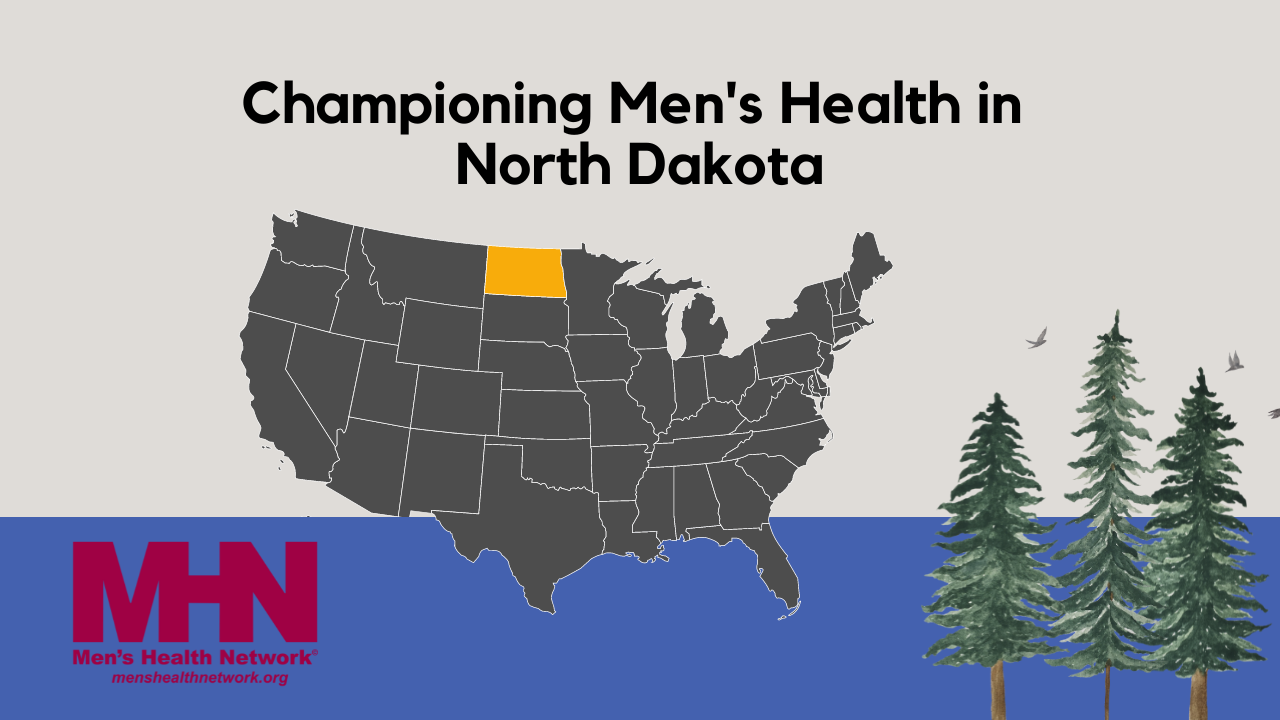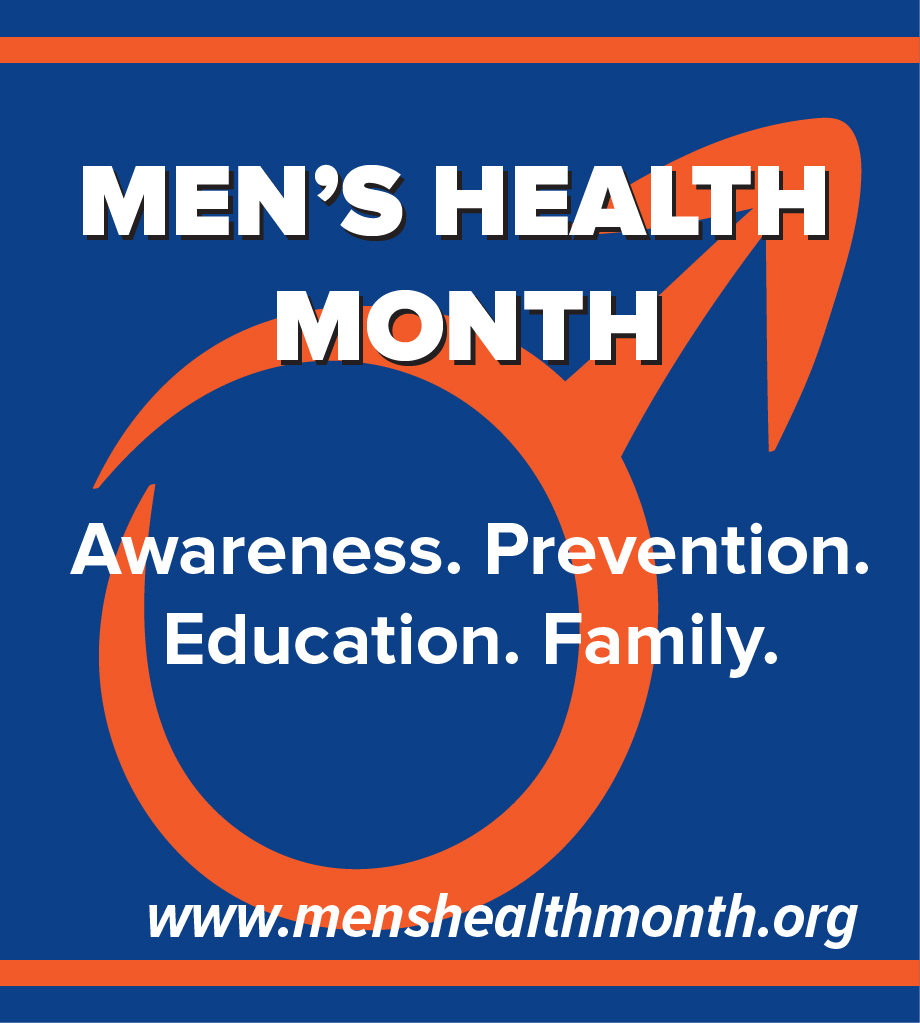It was a routine sports physical for my high school rowing team sophomore year of high school. My family medicine doctor performed all head-to-toe items on the form’s checklist, including the dreaded “turn and cough.” While going over my family history, the doctor asked about previous illnesses and cancers in the family. I was aware only of my father’s and paternal grandfather’s melanoma and my late maternal grandfather’s bladder cancer. In my family, talking about sensitive health topics such as cancer family wasn’t necessarily taboo, but it also wasn’t a regular question asked around the dinner table, during sporting events, or on the way to after-school events.
“Do you know if testicular cancer runs in your family?” the doctor asked.
I honestly didn’t know. Coming from a household of strong, Navy, Army, and Marine service members, I’d barely ever heard anyone talk about any kind of cancer. So I turned the tables and started asking the doctor questions.
“How would I know if I had testicular cancer?”
“What causes testicular cancer?”
“Is it preventable?”
“Is it treatable?”
“Would my kids have it one day?”
The list of questions was endless. Fortunately, my doctor answered every one of them without missing a beat.
Testicular cancer occurs most commonly among men whose father or brother have had testicular cancer. Age is also a factor, and while it can develop at any age, it is most common in men ages 15-35. Statistically, testicular cancer in white men. In addition, having an undescended testicle is a risk factor and the man (or boy) should be evaluated by a urologist.
Being a fifteen-year-old, white male, and not knowing my family history, I was facing a major dilemma . I imagined an invasive examination, with a large microscope, and some sort of needle component while lying on a large, cold table exposed for various clinicians to see. The embarrassment.
Instead, my doctor had me stand in my gown, and with gloves examined the area for notable lumps. He then explained the ways in which I could continue with self-examinations in the shower, and if I ever found anything, that blood tests, ultrasounds, or biopsies could be ordered to provide a closer examination. Circling back to the original list of questions, he assured that while not preventable, the majority of testicular cancers are survivable and curable–if caught early.
“It’s important to talk with your parents about this. When you go home, consider this discussion a homework assignment. Find out if your dad knows anything about your family history,” my doctor advised.
Usually, I would loathe the idea of more homework. But after being faced with a possibility that I could have a lineage of another type of cancer that I didn’t know about, made this one significantly more important than AP calculus.
This was my life, my health, and my future family at stake.
The ride home with my dad started with a long awkward silence. Sitting in the front seat of our Toyota Camry, I broke it with several “ums” and “uhs.” But eventually this came out:
“Dad, do you know if anyone in our family had testicular cancer? During my physical, the doctor and I talked about it and I didn’t know the answer.”
He sat quizzically and said he wasn’t sure either, but was confident that he himself did not. When we got home, a quest began to ask all the males in our family if they knew of our family medical background. Some were just as clueless as we were. Others made primary care appointments themselves.
Had my doctor not approached me on the subject of testicular cancer, I am confident that no man in my family–maternally or paternally–would have given the topic a second thought. A single high school sports physical filled with only 10 minutes of socially uncomfortable dialogue educated me and may have saved my life. A single question led five other men in my family to get checked.
I encourage you to have the same conversation with the men in your family—and with your medical provider. These conversations might save your life—or the life of someone you love.
And remember: Get It Checked.
Photo by Markus Spiske from Pexels




